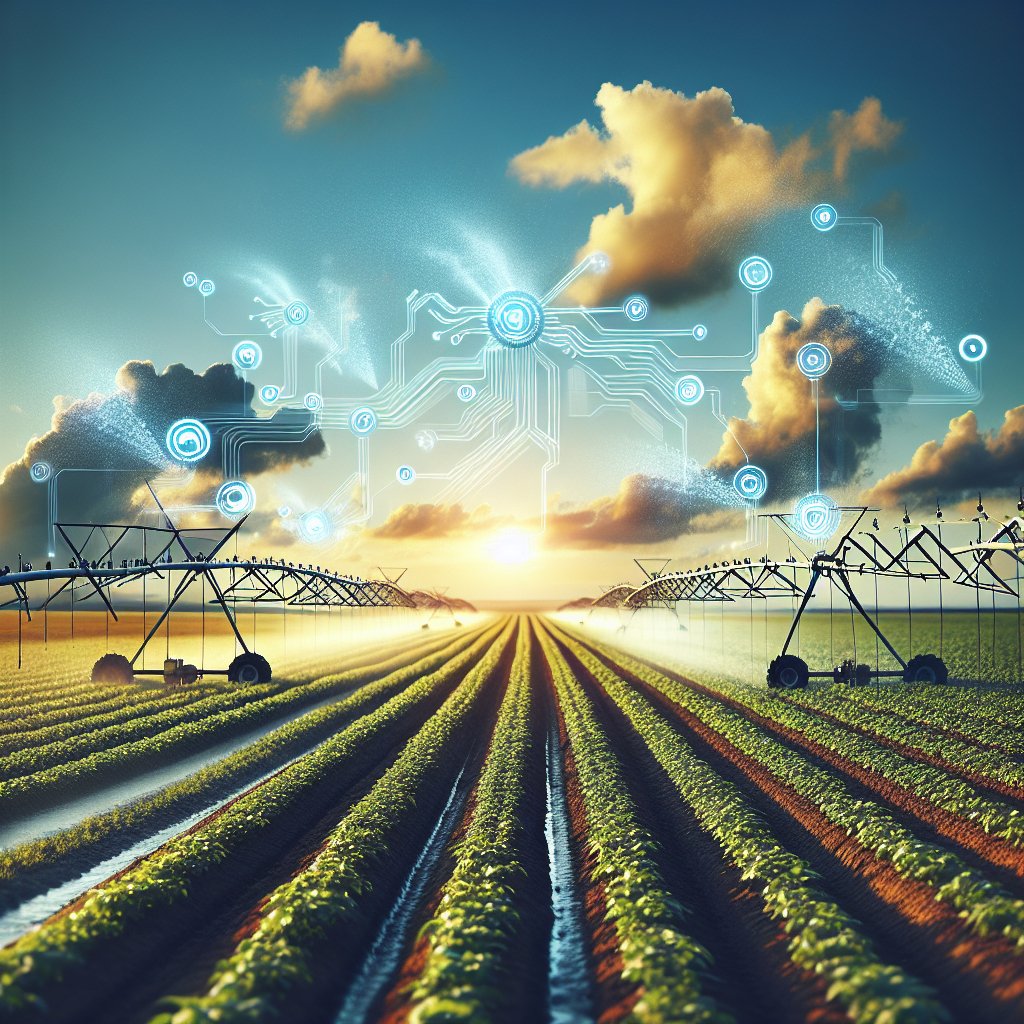The rise of smart irrigation systems in farming has transformed the way agricultural practices are conducted, leading to increased efficiency and sustainability. As water scarcity becomes a pressing global issue, farmers are turning to innovative technologies to optimize water usage and enhance crop yields. This article explores the advancements in smart irrigation systems, their benefits, and the challenges faced in their implementation.
Understanding Smart Irrigation Systems
Smart irrigation systems utilize advanced technologies to manage water resources more effectively. These systems are designed to deliver the right amount of water to crops at the right time, minimizing waste and ensuring optimal growth conditions. By integrating sensors, weather data, and automated controls, smart irrigation systems can adjust watering schedules based on real-time conditions.
Components of Smart Irrigation Systems
Several key components make up smart irrigation systems, each playing a crucial role in their functionality:
- Sensors: Soil moisture sensors measure the water content in the soil, providing data that helps determine when and how much to irrigate.
- Weather Stations: Local weather data, including rainfall, temperature, and humidity, is collected to inform irrigation decisions and reduce unnecessary watering.
- Automated Controllers: These devices manage the irrigation schedule based on input from sensors and weather data, allowing for precise control over water application.
- Irrigation Methods: Smart systems can be integrated with various irrigation methods, such as drip irrigation or sprinkler systems, to optimize water delivery.
Types of Smart Irrigation Systems
There are several types of smart irrigation systems available, each suited for different agricultural needs:
- Drip Irrigation: This method delivers water directly to the plant roots through a network of tubing and emitters, minimizing evaporation and runoff.
- Sprinkler Systems: Smart sprinkler systems can adjust their watering patterns based on weather conditions and soil moisture levels.
- Subsurface Irrigation: This technique involves burying irrigation lines below the soil surface, providing water directly to the root zone and reducing evaporation.
Benefits of Smart Irrigation Systems
The adoption of smart irrigation systems offers numerous benefits for farmers, the environment, and the economy:
Water Conservation
One of the most significant advantages of smart irrigation systems is their ability to conserve water. By using real-time data to determine irrigation needs, these systems can significantly reduce water waste. This is particularly important in regions facing water scarcity, where every drop counts.
Increased Crop Yields
Smart irrigation systems help ensure that crops




